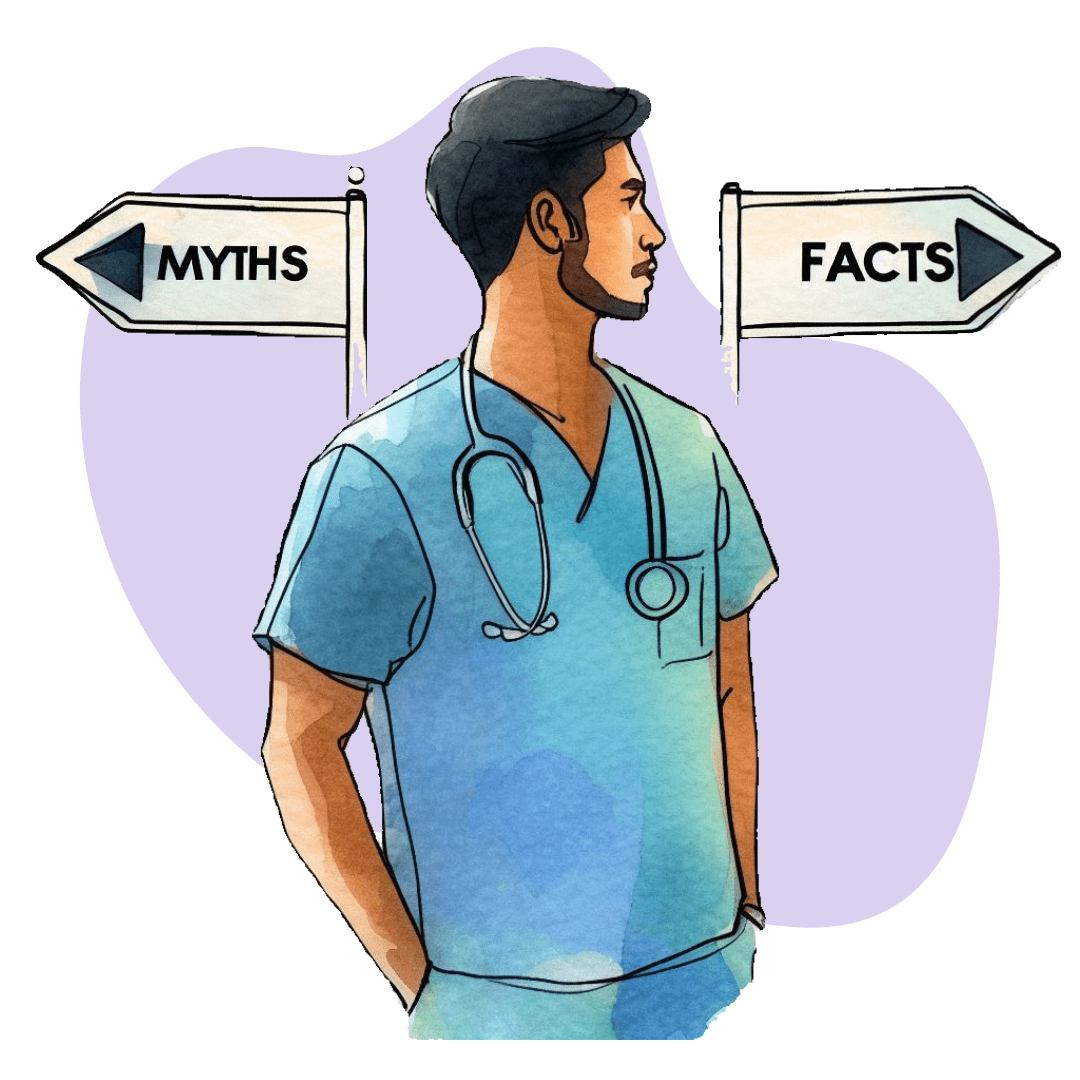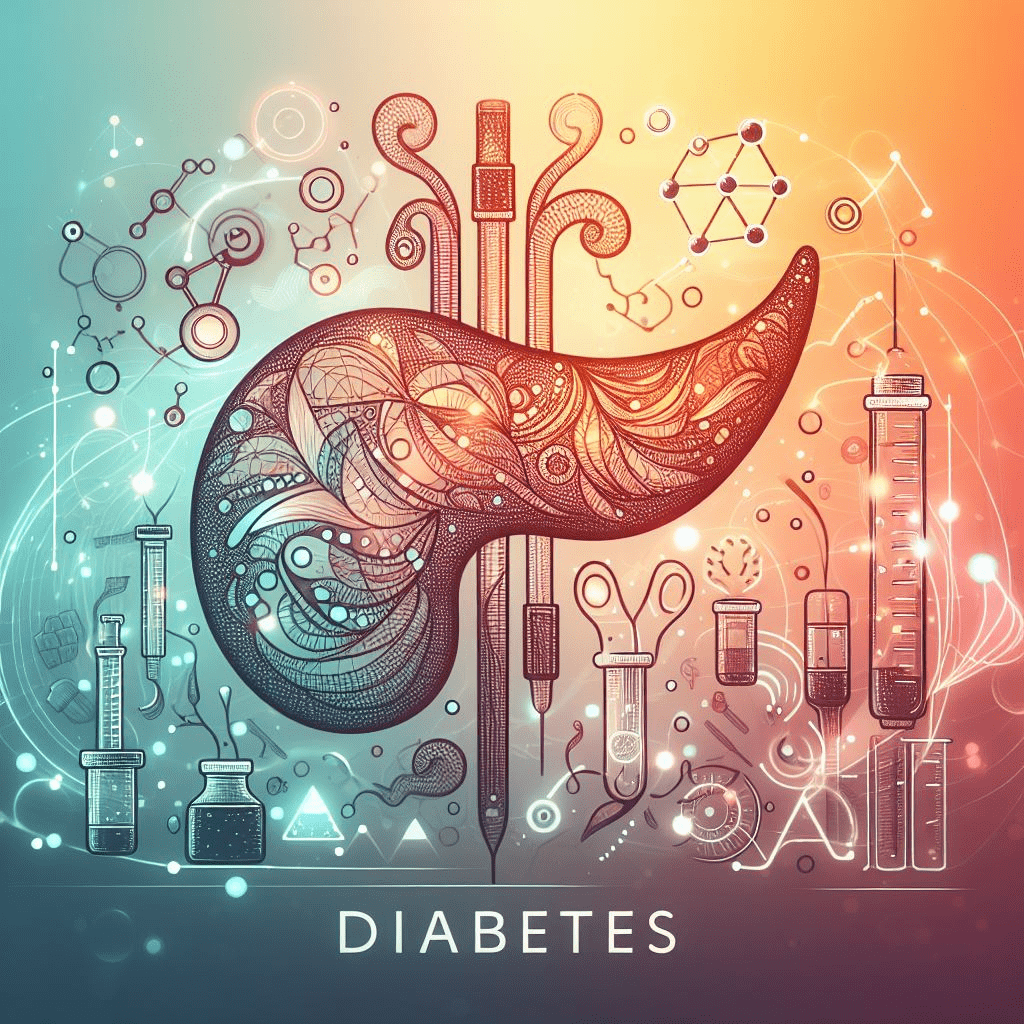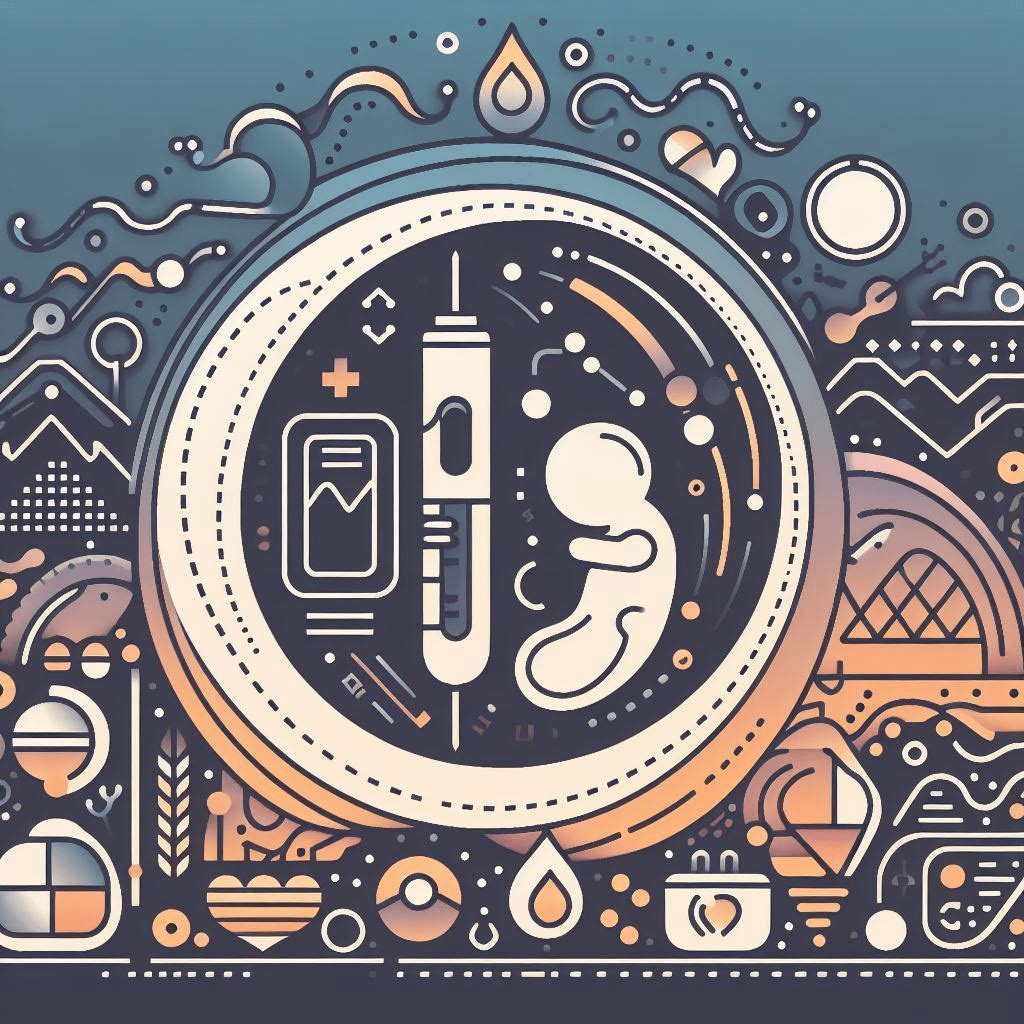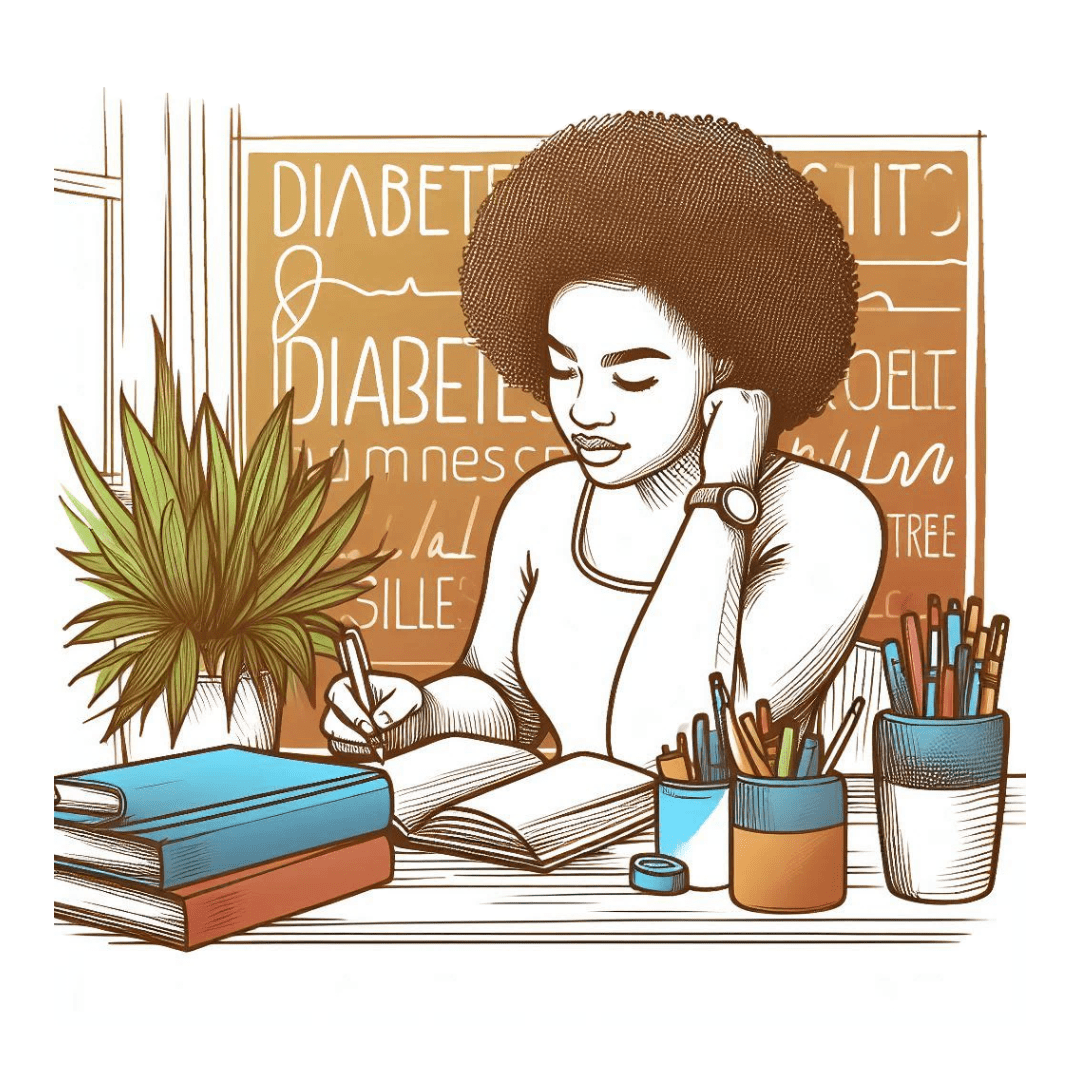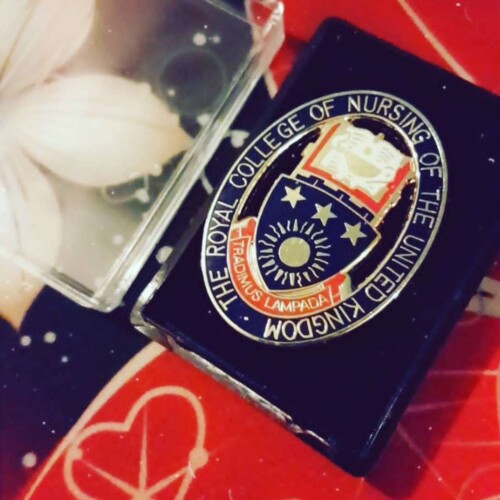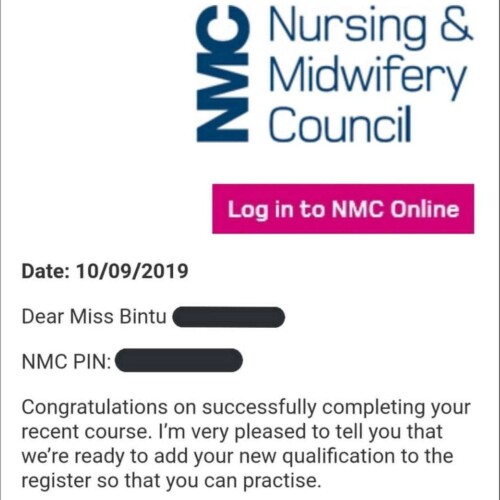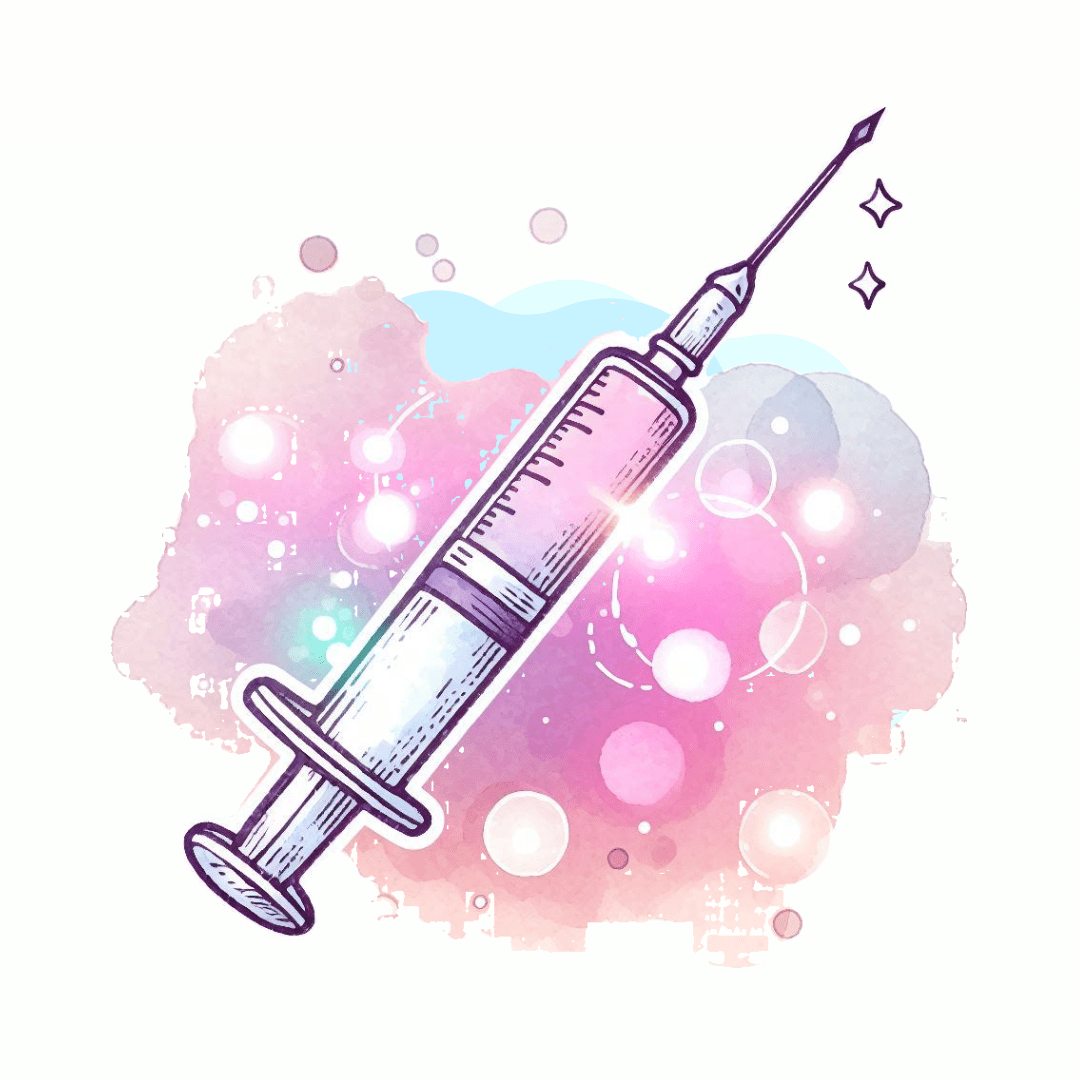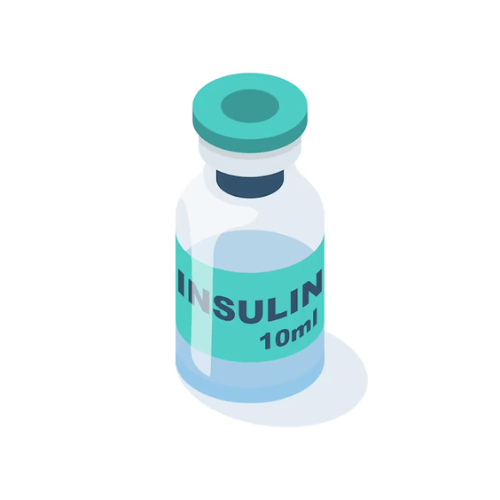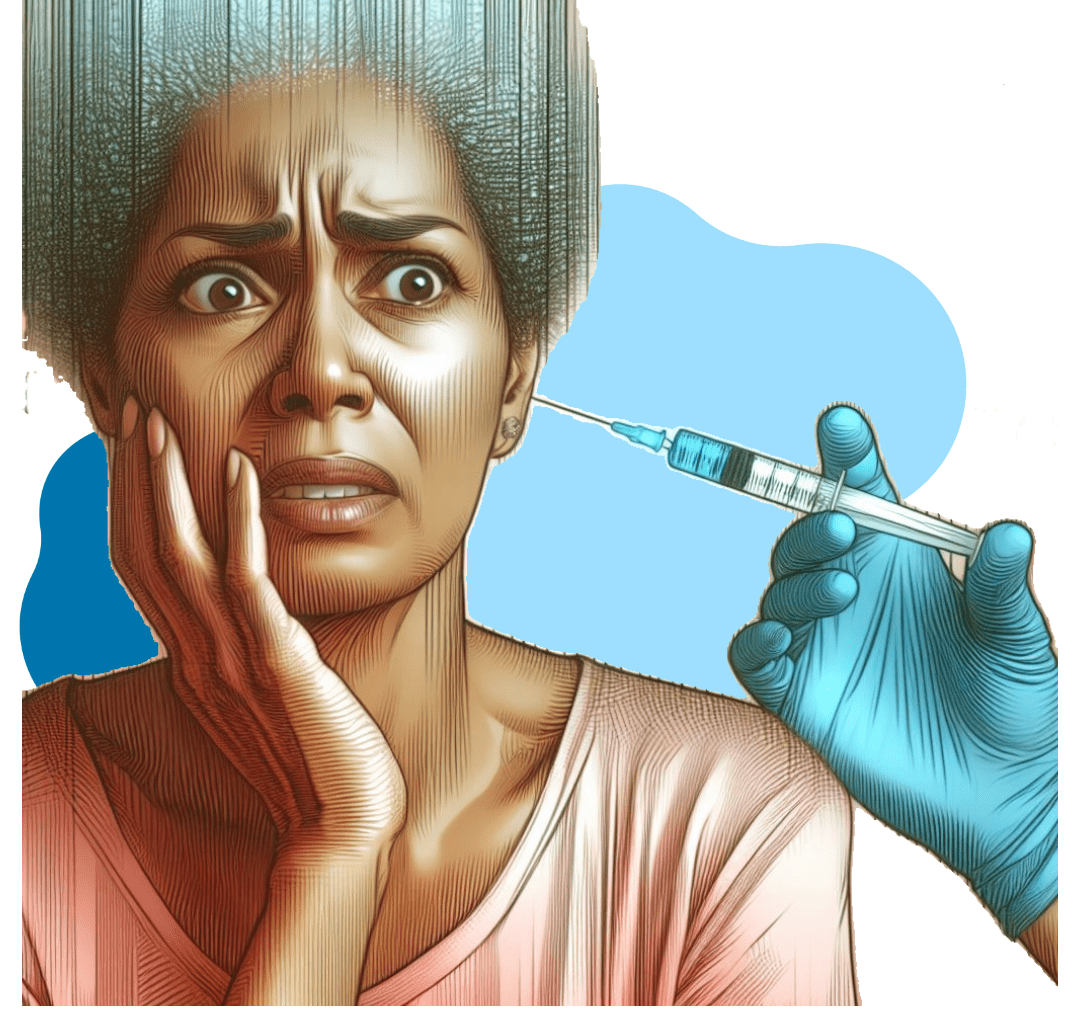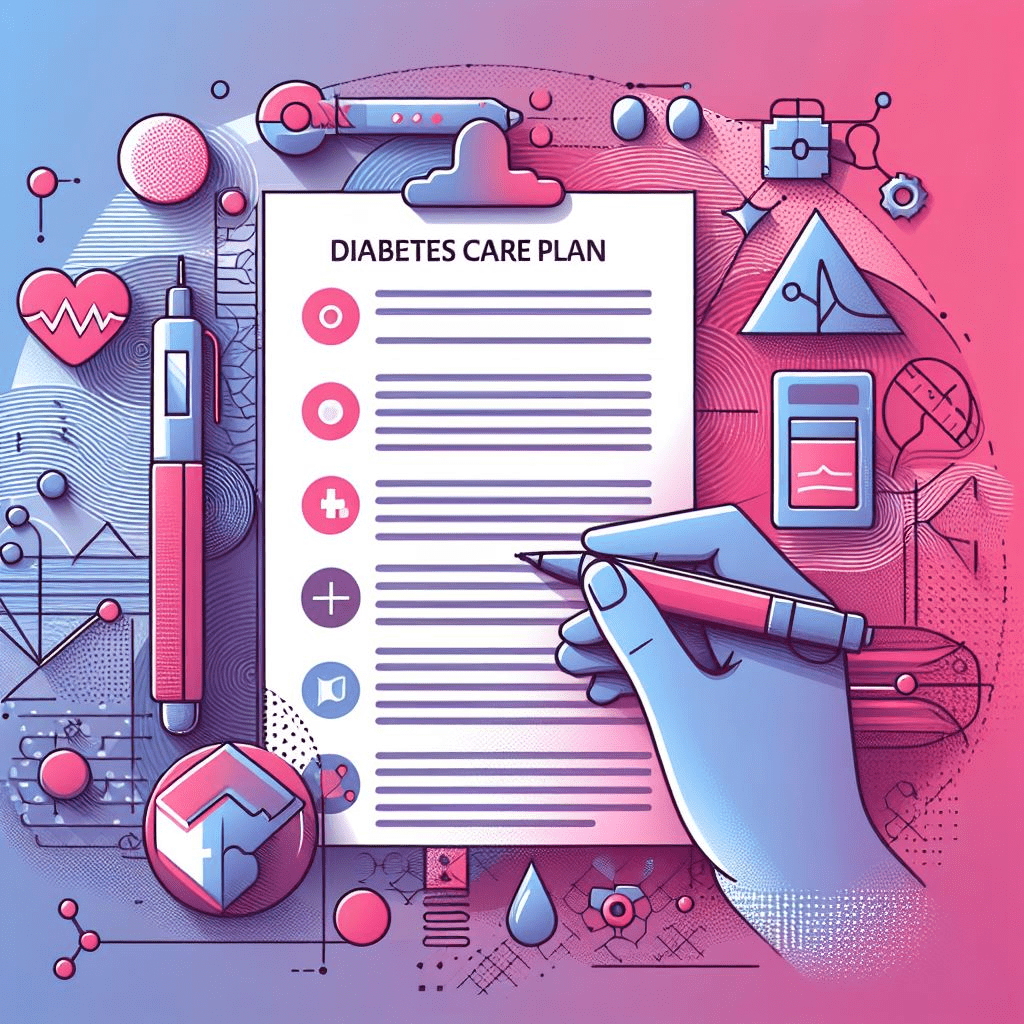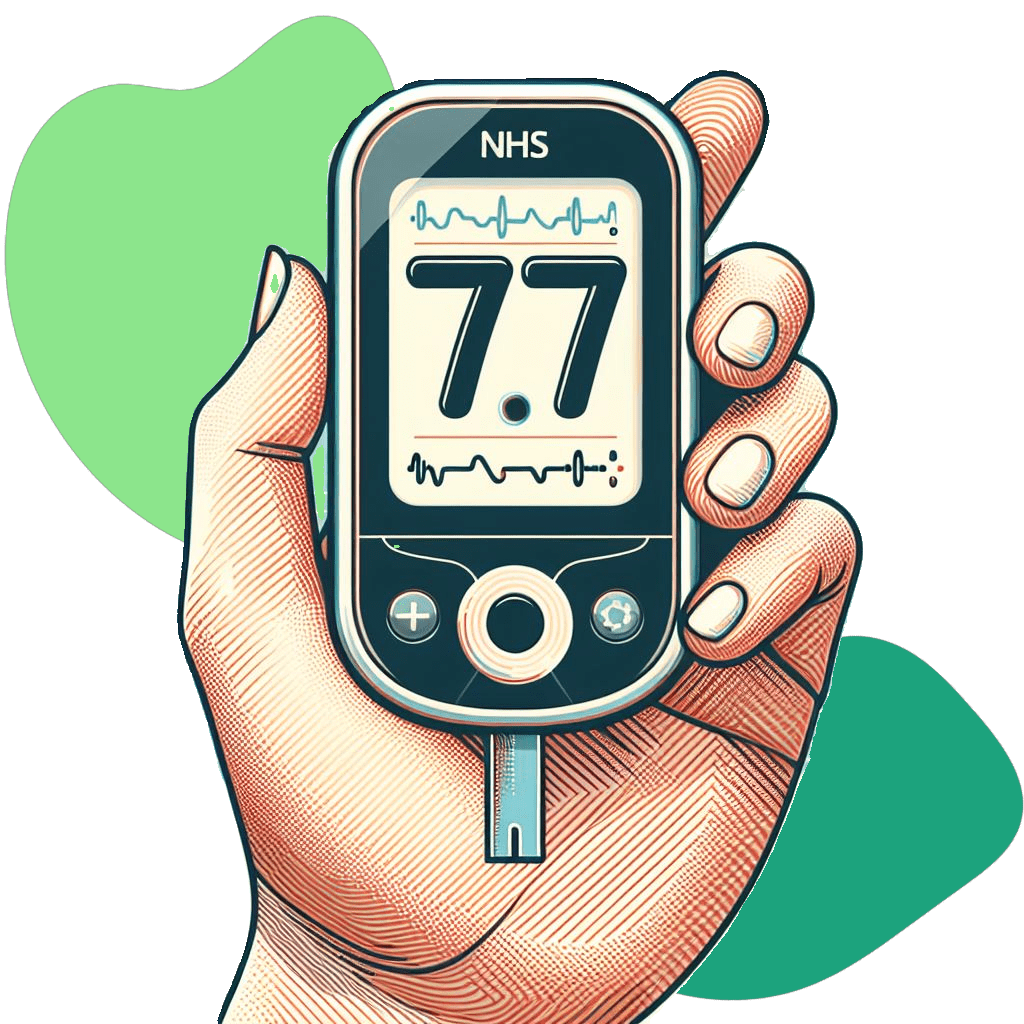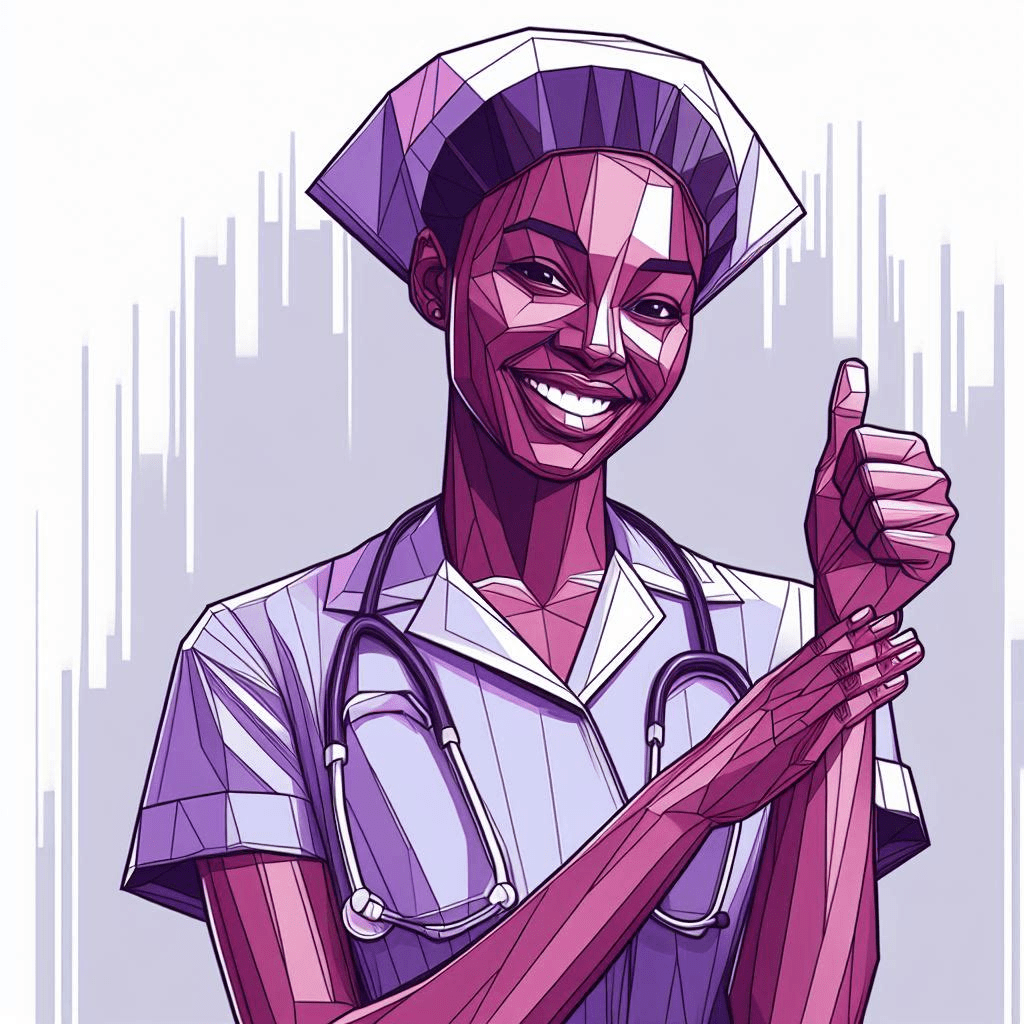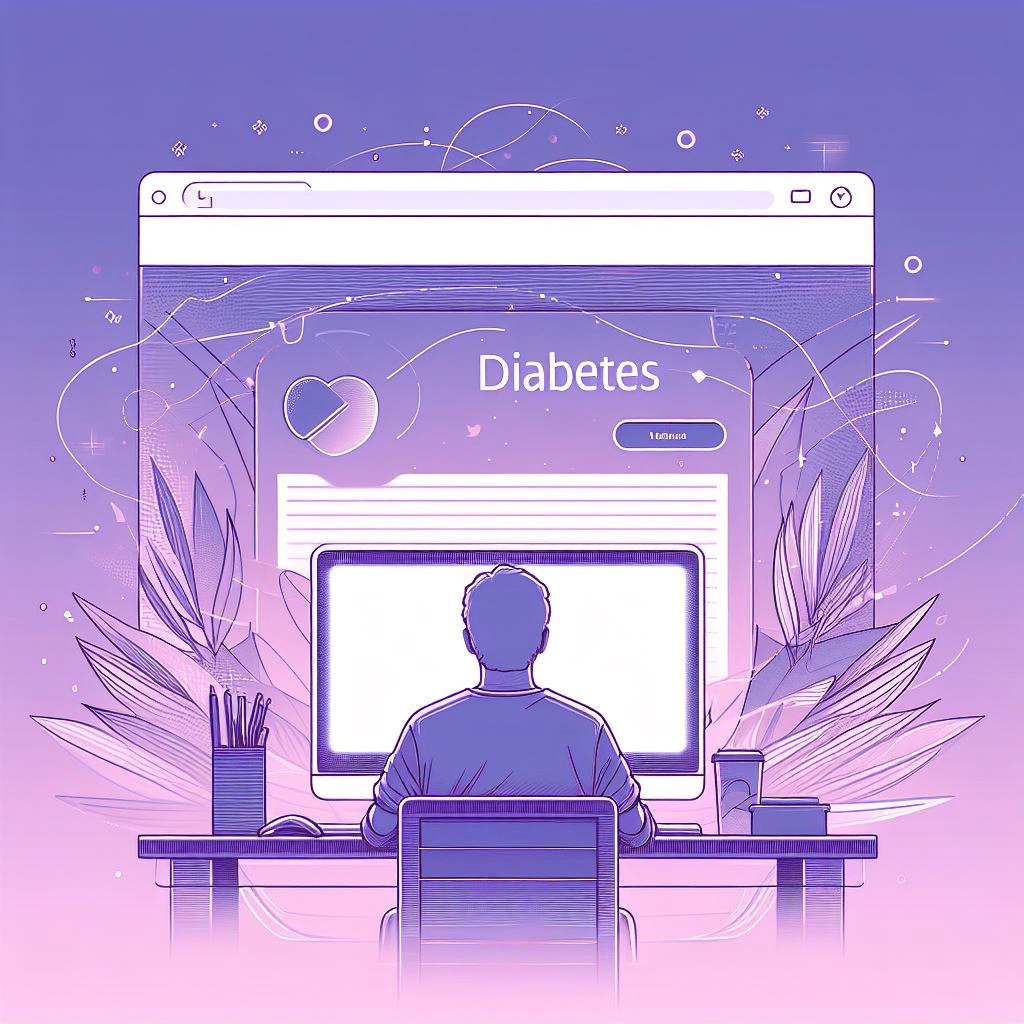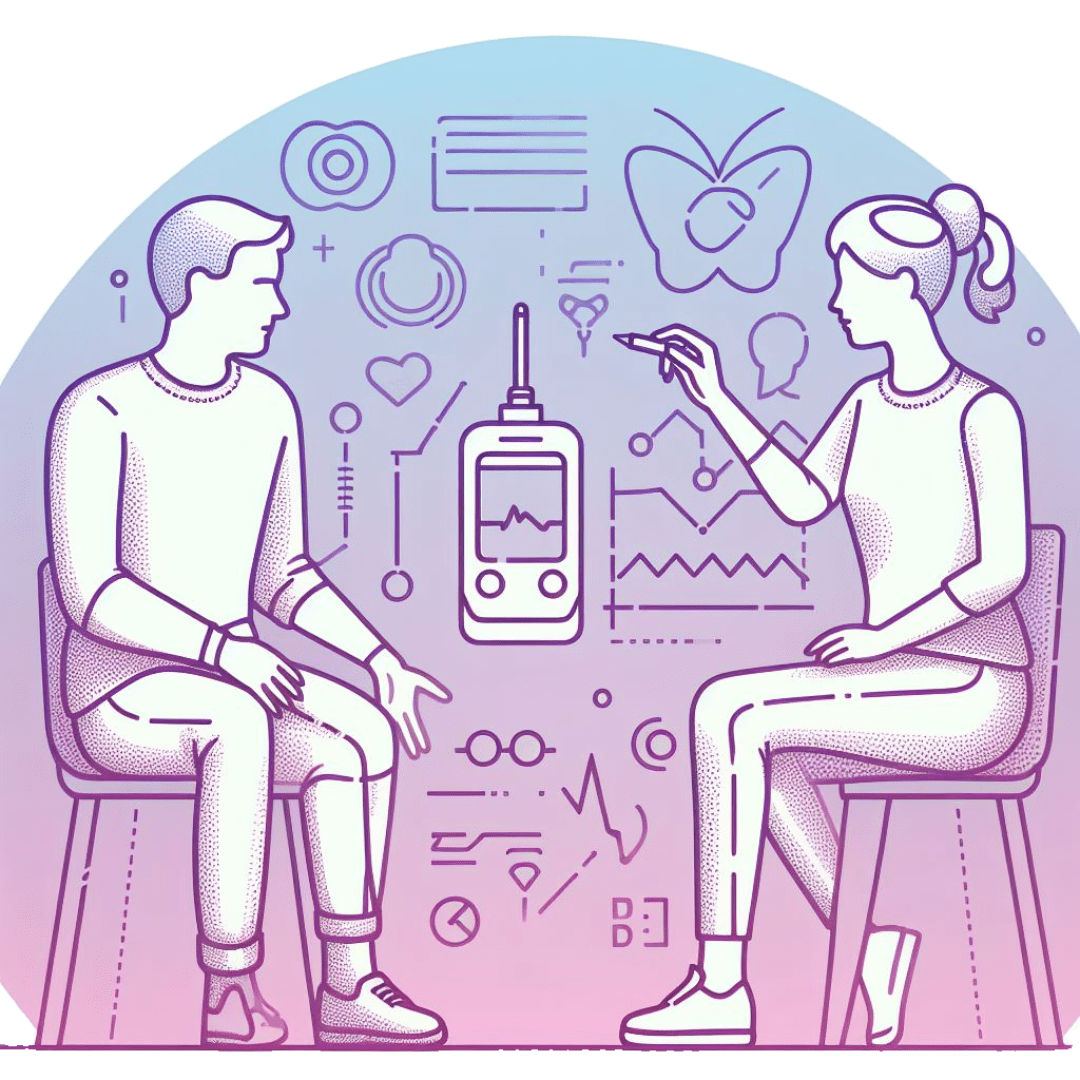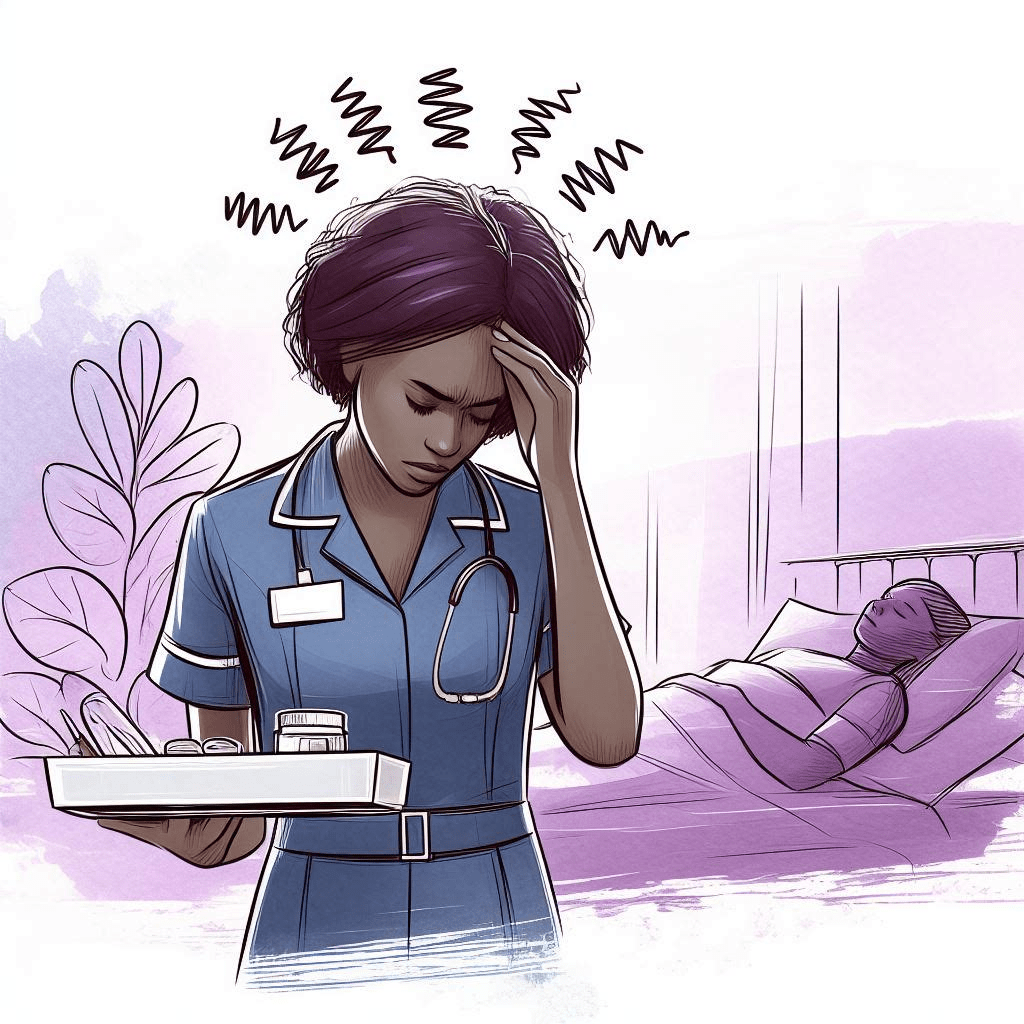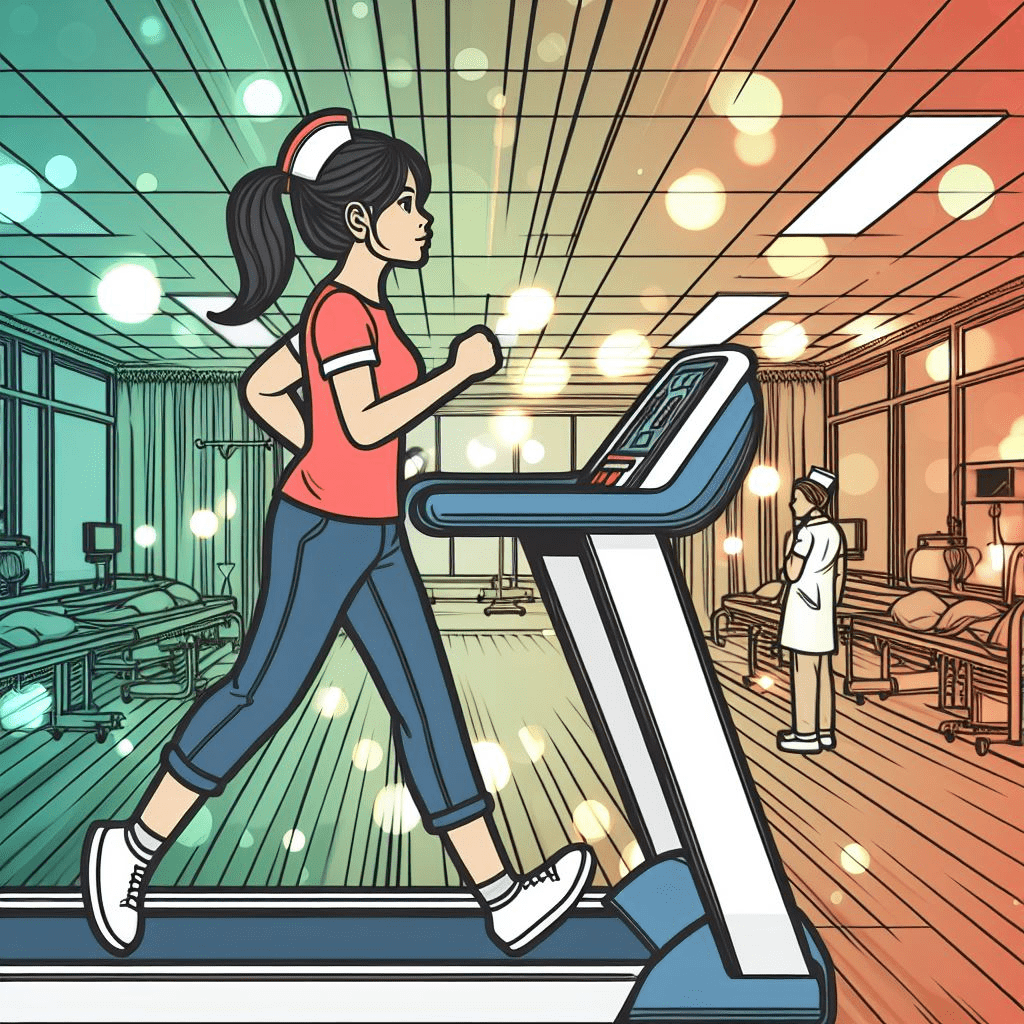-
Polyuria (Increased Urination)
The kidneys are responsible for filtering the blood and removing any waste products, such as excess glucose.
When someone’s blood sugar levels are too high, the kidneys have to work harder to get rid of the extra glucose.
This means that they draw more water from the diabetic body, which makes the urine more diluted, producing even more urine and therefore increasing the frequency of needing to go toilet.
Polydipsia (Increased Thirst) and Having a Dry Mouth
The brain is constantly monitoring fluid levels and sending signals to the body to maintain a balance.
When a person loses fluid from their urine, the brain detects that they are dehydrated and tells them to drink more water.
This is why a diabetic person would feel thirsty and have a dry mouth.
Feeling Tired and Weak
The body normally uses insulin to help glucose move from the blood into the cells.
But if someone has diabetes, either their pancreas cannot make enough insulin, or their cells cannot use it properly.
This means that glucose stays in your blood and your cells do not get enough of it.
As the cells are not functioning properly, due to the lack of glucose, and as it is not producing energy as it should, it leads to fatigue.
Unexplained Weight Loss, but Experiencing Hyperphagia (Constant Hunger)
When the cells do not get enough glucose, they start to break down other sources of energy, such as fat and muscle, leading to unplanned weight loss and a constant feeling of hunger.
Blurry Vision
The eyes have a clear lens that helps to focus on what you see.
But when the blood sugar levels are too high, it can cause fluid to move in and out of different parts of the eye.
This can make your lens swell and change its shape, which affects how well it can focus light onto the retina (part of the eye that converts light into signals that the brain can understand), which leads to the vision becoming blurry and distorted.
Also, high blood sugar levels can damage the blood vessels that supply the retina itself with oxygen and nutrients.
This can cause bleeding, swelling or scarring of the retina, which can affect the vision and even lead to blindness.
Numbness or Tingling in the Hands or Feet
The nerves are like wires that carry messages from the brain to the body, and from the body to the brain.
But with high blood sugar levels caused by diabetes, it can damage the nerves and affect their ability to send and receive signals.
This can cause pain, numbness, tingling or weakness in the hands and feet.
Slow Healing Sores or Cuts
The blood vessels carry oxygen and nutrients to the tissues, and waste products away from them.
But the blood vessels can become damaged from diabetes and make them narrow or clogged and reduce blood flow.
Along with the poor circulation, there is the added issue of nerve damage and a weakened immune system which all contribute to the interference of the body’s ability to heal wounds, especially in the feet and legs.
This can cause ulcers, which are open sores that do not heal easily.
Ulcers can be painful, get infected, or can even lead to amputation if not treated properly.
Itching or Thrush in the Genitals
The genitals have a natural balance of bacteria and fungi, such as yeast, that keep them healthy and clean.
But when the blood sugar levels are too high, it can cause excess glucose to spill into your urine and onto your genitals.
This can create an ideal environment for yeast to grow and multiply, upsetting the natural balance.
These symptoms can affect anyone, regardless of their age or gender. But some of them are more common in people with type 1 diabetes, and they can appear very quickly.

